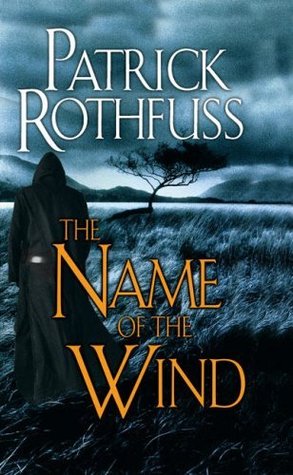Last Night in Twisted River by John Irving was the book club's November pick, so everyone's had time to read it. It begins in the early 50s in a logging town in northern Vermont. There are two crises to the plot, one that spurs the narrative and the climax of the novel much later on. In between, we follow Daniel and his father as they shift from town to town and name to name. It is a tense, well-written and surprising story of a father and son.
Like all Irving novels, this one is set in New England, features wrestling, writing, running, Exeter academy, and single parent families. However, unlike most Irving stories, this one features a boy and his father. Irving's writing is maturing, too, so we see some softer edges than we're used to, as well as a story that is tied up a little too tightly at the end. But he creates a compelling lead character and several brilliant, quirky, secondary characters that propel the plot. I enjoyed the novel - it's better than some of his works, but not as good as his best stuff (The World According to Garp, A Widow For One Year, Until I Find You). At this point, Irving can only be compared to himself, as he's created a voice like no other in literature. It's an all-or-nothing style, and those who like him, like him a lot.
Another compelling aspect of the novel was the depth of detail he reaches. Much like the art of tattooing in Until I Find You, Irving ensures that his details are right, lending a credibility to the narrator's voice that might not have been there otherwise. I feel that I could survive in a mid-century logging camp thanks to the information garnered from this novel. Also, he discussed the towns of Vermont and New Hampshire with such admiration that when driving through Vermont earlier this year, I couldn't help but make a stop in Brattleboro just to see it.
I thoroughly enjoyed this novel. As Irving is my favourite author, it seems without question, but I was pleasantly surprised by how much I ended up liking it. So, the update on my Irving Top Ten List is as follows:
1. The World According to Garp (1978)
2. Until I Find You (2005)
3. A Widow For One Year (1998)
4. Last Night In Twisted River (2009)
5. Setting Free The Bears (1968)
6. Hotel New Hampshire (1981)
7. A Prayer For Owen Meany (1988)
8. The Fourth Hand (2001)
9. The Water-Method Man (1972)
10. The Cider House Rules* (1985)
*It's at #10 because I haven't read it yet. However, based on the quality of the movie, I am assuming that it will be in my top ten.
Last Night In Twisted River gets four pizza places out of five.
3 days ago






2 comments:
A friend of mine emailed a response to me, and though I do not 100% agree, she makes some quality observations of this book:
I read this book a few months ago and I have some comments because I am a bit out of sorts on this book. First, midway through this book I decided that I am done with Irving. His themes are getting way too tired. I loved the World According to Garp (one of my top 5), but I should have stopped there. There is also something else very irksome about his writing that I can't quite articulate. The closest thing is that I feel his writing is too forced. For example, I can't remember the son's name, but how he handled the death of Injun Jane was absolutely out of character and hard to ignore. I forced myself to finish this one. I give it a D-.
And here's my response:
Okay, so I agree with you about his themes. Certainly, it is a running joke among Irving fans that he re-uses the same elements in his novels, which are suspiciously close to the elements of his own upbringing. For instance, he moved to Toronto about the same time that A Prayer For Owen Meany was written - Owen Meany, like this book, has many Toronto elements to it. So it's not a surprise there. As well, I agree with you about forced writing at parts - his child characters are remarkably mature and well-adjusted for the situations in which they find themselves. However, Irving's trick in these instances is to tell the stories from a future perspective, so that it isn't the events happening to Daniel in the present, but Daniel recalling the events at a much later date. This adds maturity to the narrator that should not exist in a 12-year-old boy. But, I am certainly biased, so I am making excuses for Mr. Irving.
Post a Comment